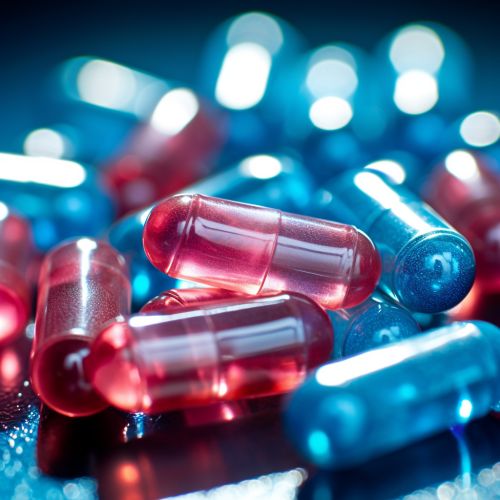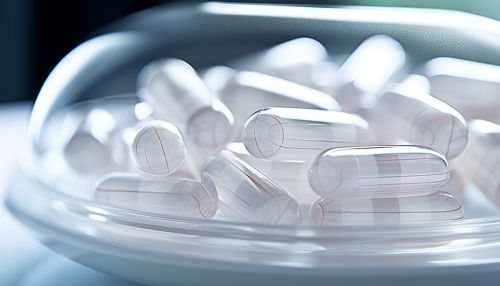The Role of Probiotics in Human Health
Introduction
Probiotics are live microorganisms that, when administered in adequate amounts, confer a health benefit on the host1. They are often found in fermented foods like yogurt, sauerkraut, and kimchi, or taken as dietary supplements. The concept of probiotics and their role in human health has gained significant attention in recent years due to growing scientific evidence supporting their benefits.


Types of Probiotics
There are several different types of probiotics, each with unique properties and health benefits. The most common types include Lactobacillus, Bifidobacterium, and Saccharomyces boulardii, a type of yeast. Each of these probiotics plays a different role in human health, from aiding digestion to supporting immune function.
Lactobacillus
Lactobacillus is one of the most common types of probiotics and is often found in fermented foods and yogurt. It is known for its ability to produce lactase, the enzyme that breaks down lactose, the sugar in milk. This makes it beneficial for individuals with lactose intolerance.
Bifidobacterium
Bifidobacterium is another common type of probiotic that is often found in dairy products. It is known for its ability to support the immune system and promote healthy digestion.
Saccharomyces boulardii
Saccharomyces boulardii is a type of yeast that functions as a probiotic. It is often used to treat conditions like diarrhea, irritable bowel syndrome (IBS), and inflammatory bowel disease (IBD).
Health Benefits of Probiotics
Probiotics have been associated with a wide range of health benefits, from improved digestion to enhanced immune function. They can also play a role in mental health, weight management, and even skin health.
Digestive Health
Probiotics are perhaps best known for their role in digestive health. They can help to balance the gut microbiota, which can improve digestion and absorption of nutrients. They can also help to alleviate symptoms of digestive disorders like IBS and IBD.
Immune Function
Probiotics can also support immune function by promoting the production of natural antibodies in the body. They can also boost immune cells like the IgA-producing cells, T lymphocytes, and natural killer cells.
Mental Health
Emerging research suggests a link between gut health and mental health, often referred to as the "gut-brain axis". Some studies have found that probiotics can improve mental health disorders such as depression and anxiety.
Weight Management
Some strains of probiotics have been associated with weight loss and improved metabolic health. They can help to regulate appetite and fat storage, as well as increase energy expenditure.
Skin Health
Probiotics may also benefit skin health by improving conditions like acne, rosacea, and eczema. They can do this by reducing inflammation and promoting the production of healthy skin cells.
Safety and Side Effects
While probiotics are generally considered safe for most people, they can cause side effects in some individuals. These can include digestive symptoms like gas and bloating, as well as allergic reactions. Individuals with weakened immune systems or serious illnesses should consult a healthcare provider before taking probiotics.
Conclusion
Probiotics play a crucial role in human health, from supporting digestive and immune function to potentially improving mental health and skin health. While more research is needed to fully understand their benefits and potential side effects, current evidence suggests that probiotics can be a valuable addition to a healthy lifestyle.
